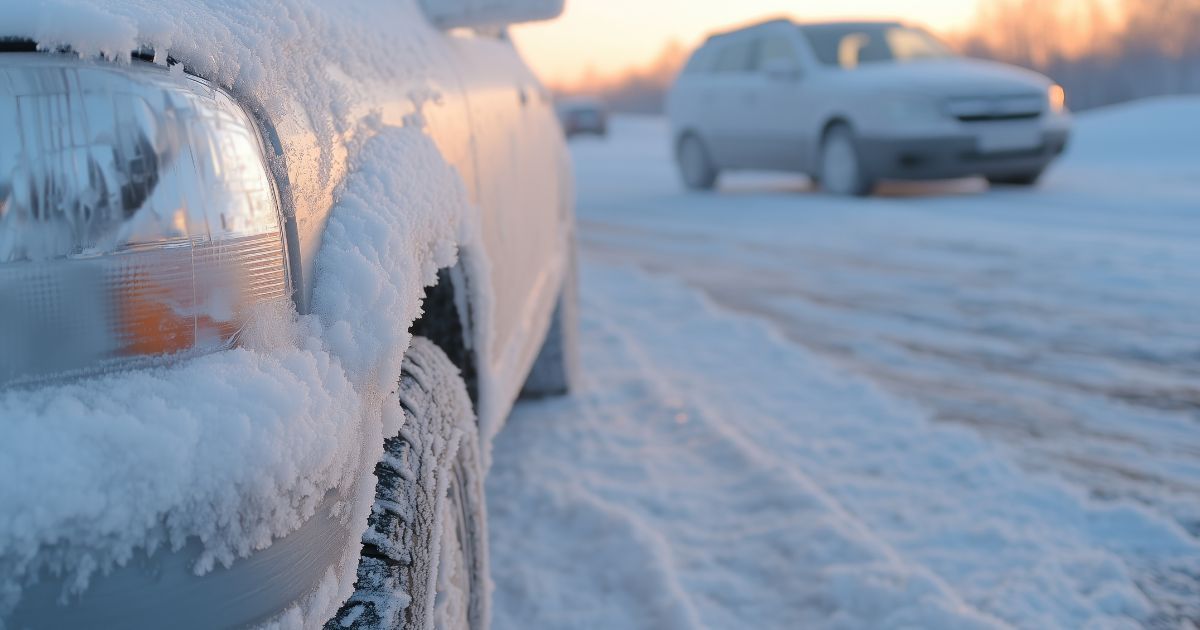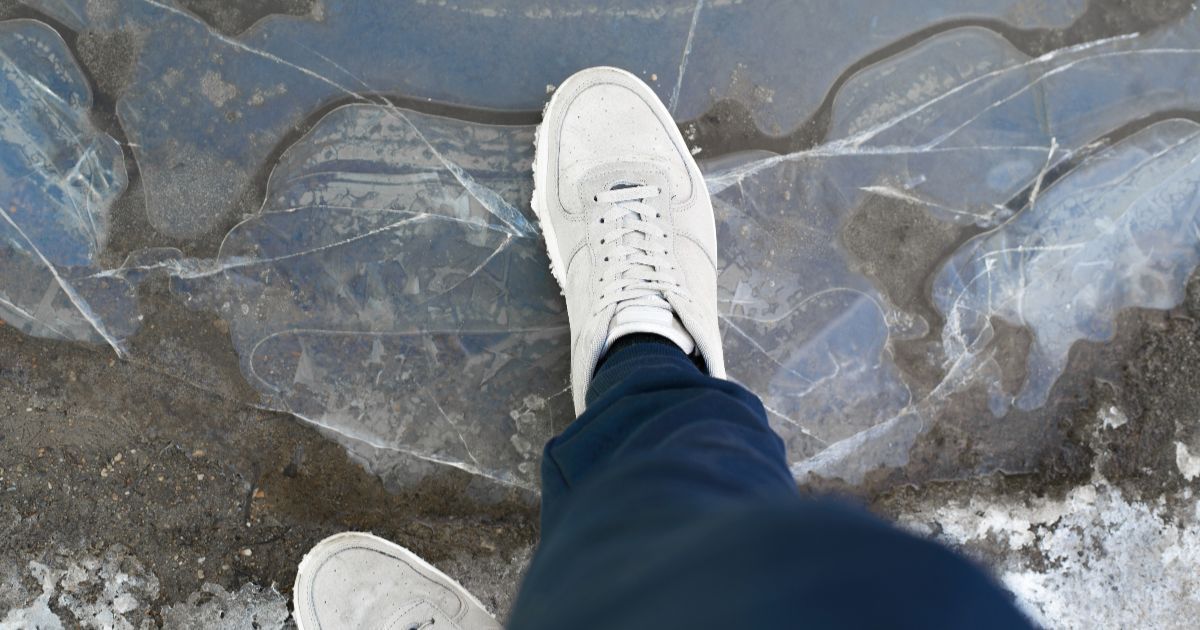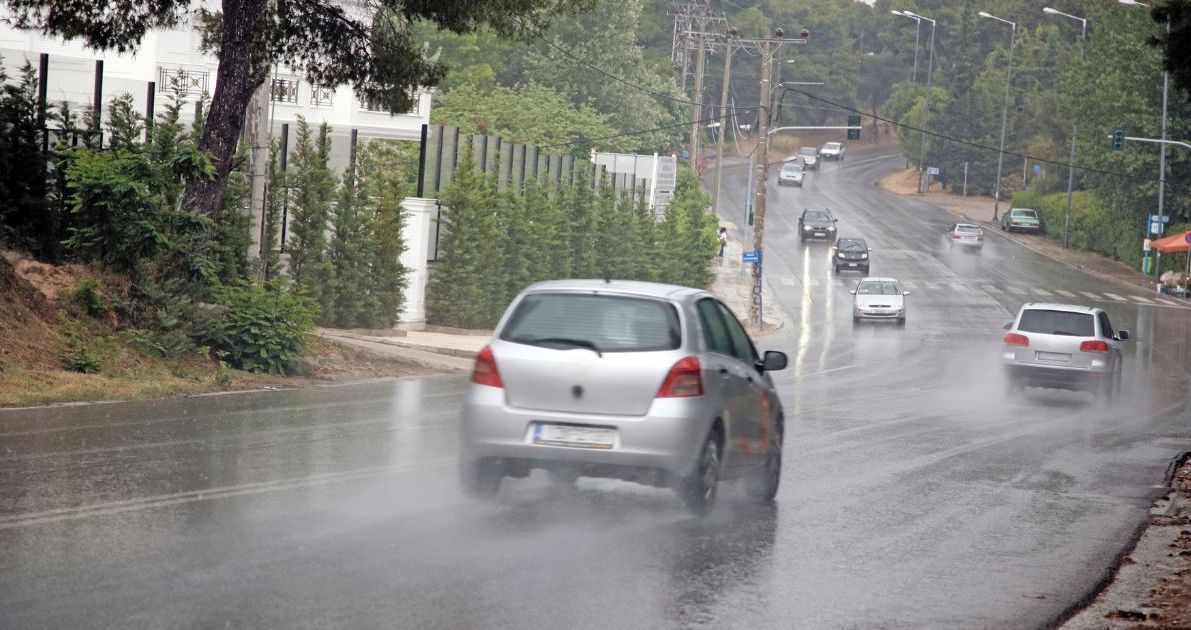What You Should Do Immediately After a Slip and Fall?
Recent Posts
Things to do immediately after:
- Seek medical attention (even for “minor” aches)
- Preserve the scene: photos, videos, hazard evidence
- Report the incident to the property owner/manager
- Get witness names and contact info
- Save all documentation: medical bills, incident reports, communications
- Avoid admitting fault or making statements without counsel
- Contact a qualified Massachusetts slip & fall attorney as soon as possible
What Is a Slip & Fall?
A slip & fall (or trip & fall) occurs when someone slips, trips, or falls on another’s property because of a dangerous or negligent condition (e.g. wet floors, uneven surfaces, ice). To make a legal claim in Massachusetts, you must show that:
- The property owner (or occupier) owed you a duty of care;
- They breached that duty (knew or should have known of the hazard and failed to remedy or warn);
- Their breach caused your fall; and
- You suffered damages (medical costs, pain, lost wages, etc.).
Why Acting Fast Matters in Massachusetts
- Statute of Limitations: In MA, you generally have three years from the date of injury to file a slip & fall (personal injury) lawsuit.
- Special rules for snow & ice: For falls caused by snow or ice, a specific notice requirement may apply (especially for public or municipal property).
- Public entity claims: If your fall was on a public sidewalk or property, you may need to file notice within 30 days to the city/town.
- Evidence degradation over time: Photographs fade, memories blur, hazards get altered or repaired, and witnesses may disappear. Acting quickly helps preserve proof.
Step-by-Step: What to Do Immediately After a Slip & Fall in MA
1. Check Yourself & Get Medical Attention
- Even if you feel okay initially, internal injuries (e.g. head, back) can appear later.
- Go to an emergency room, urgent care, or your physician.
- Follow through on all recommended tests or referrals.
- Keep copies of all medical records, diagnostics, prescriptions, and receipts.
2. Preserve the Scene / Hazard
- Take plenty of photos and video of the exact location and surface (ice patch, wet floor, uneven pavement), Any warning signs, guardrails, lighting, maintenance features, Your point of fall and any nearby references (curbs, walls, fixtures), Weather conditions (snow, ice, rain) if relevant
- Do not alter the condition if possible (e.g. avoid walking through puddle, moving items).
- Collect any physical evidence (e.g. shoe marks, slippage trace).
3. Report the Incident Immediately
- Report to the property owner, manager, or supervisor on site (if commercial).
- Ask them to complete an incident report and get a copy of it (date, time, description).
- If they refuse, send a written notice (email or letter) stating what happened, when, and where.
4. Get Witness Information
- Ask any bystanders or witnesses for their names, phone numbers, emails, and what they saw.
- If there’s video surveillance (e.g. building security cameras, store CCTV), note its presence and ask who controls it.
5. Document Everything You Can
- Keep a journal or log of symptoms (pain, swelling, dizziness).
- Save all bills, invoices, receipts (co-pays, prescriptions, therapies).
- Retain all correspondence (emails, letters, texts) regarding the fall or your injuries.
- Do not throw away clothing or shoes worn at the time of fall (they may be evidence).
6. Avoid Admitting Fault or Over-Explaining
- Don’t tell property owners, insurers, or onlookers “I’m sorry” or “I lost my balance” (admissions can be used against you).
- Stick to basic facts: what happened, where, when - but avoid speculating or assigning blame.
- Be careful about what you post on social media: images or statements can undermine your case later.
7. Contact a Massachusetts Slip & Fall Attorney ASAP
- A lawyer can properly advise you how to preserve claims, send necessary notices (especially in snow/ice or public property cases), and negotiate with insurance.
- Early involvement helps with evidence collection, witness statements, expert retention, and strategic planning.
Slip & Fall Statistics in Massachusetts & National Context
- In Massachusetts, falls account for 66% (about 26,205) of hospital stays for unintentional injury.
- Falls are the leading cause of unintentional injury deaths in Massachusetts (26% of unintentional fatalities).
- Among older adults: in MA, each week falls and related injuries lead to ~900 emergency visits, 400 hospital stays, and about 10 deaths.
- In private industry in Massachusetts in 2023, there were 55,400 nonfatal workplace injuries/illnesses reported, including many slip, trip, and fall cases.
- Slip & fall incidents make up about 20% of workplace injuries in Massachusetts (for jobs resulting in missed workdays).
These numbers illustrate how common and serious slip and fall accidents are both generally and in the MA context.
Common FAQs About Slip & Fall Claims in Massachusetts
How much time do I have to file a slip & fall lawsuit in Massachusetts?
Generally, three years from the date of the accident under Mass. Gen. Laws Ch. 260, § 2A.
Are there special notice requirements for snow & ice falls?
Yes. For snow/ice, you may need to provide notice under certain statutes (e.g. G.L. c. 84, s. 18 & 21) to the responsible party within 30 days.
Do I need to prove the property owner knew about the hazard?
Yes. You generally must show that the owner knew or should have known of the dangerous condition, and failed to correct or warn.
What if I was partly at fault for the fall?
Massachusetts applies comparative negligence: your recovery may be reduced based on your percentage of fault, but you are not barred entirely unless your fault is excessive.
Will I have to go to court?
Not necessarily. Many slip & fall claims settle through negotiation. If settlement fails, you can file a lawsuit.
Can I sue a city or town for a fall on a sidewalk?
Yes, but you must follow strict procedures, including giving 30 days’ notice to the city/town, and damage caps may apply (e.g. $5,000 in some cases).
What types of damages can I recover?
Common damages include medical expenses, lost wages, pain & suffering, future care, and emotional distress.
Is there a difference for falls in a store vs. private home?
The legal analysis is similar (duty, breach, causation), but the standard of care and evidence dynamics can differ (e.g. business premises often have higher expectations for maintenance).
What if my injury shows up only days later?
If symptoms are delayed, your attorney may invoke the “discovery rule,” which can sometimes adjust when the statute of limitations begins.
Should I talk to the insurance adjuster?
Be cautious. Insurance adjusters may record statements or use your words against you. It’s often best to let your attorney handle those communications.
How valuable is my case?
Each case is unique. Value depends on severity of injury, medical costs, lost wages, permanence of disability, and strength of evidence.
What if the responsible party denies liability?
Your lawyer may use experts (e.g. safety engineers, medical experts) and preserved evidence (photos, maintenance logs, witness testimony) to build your case.













